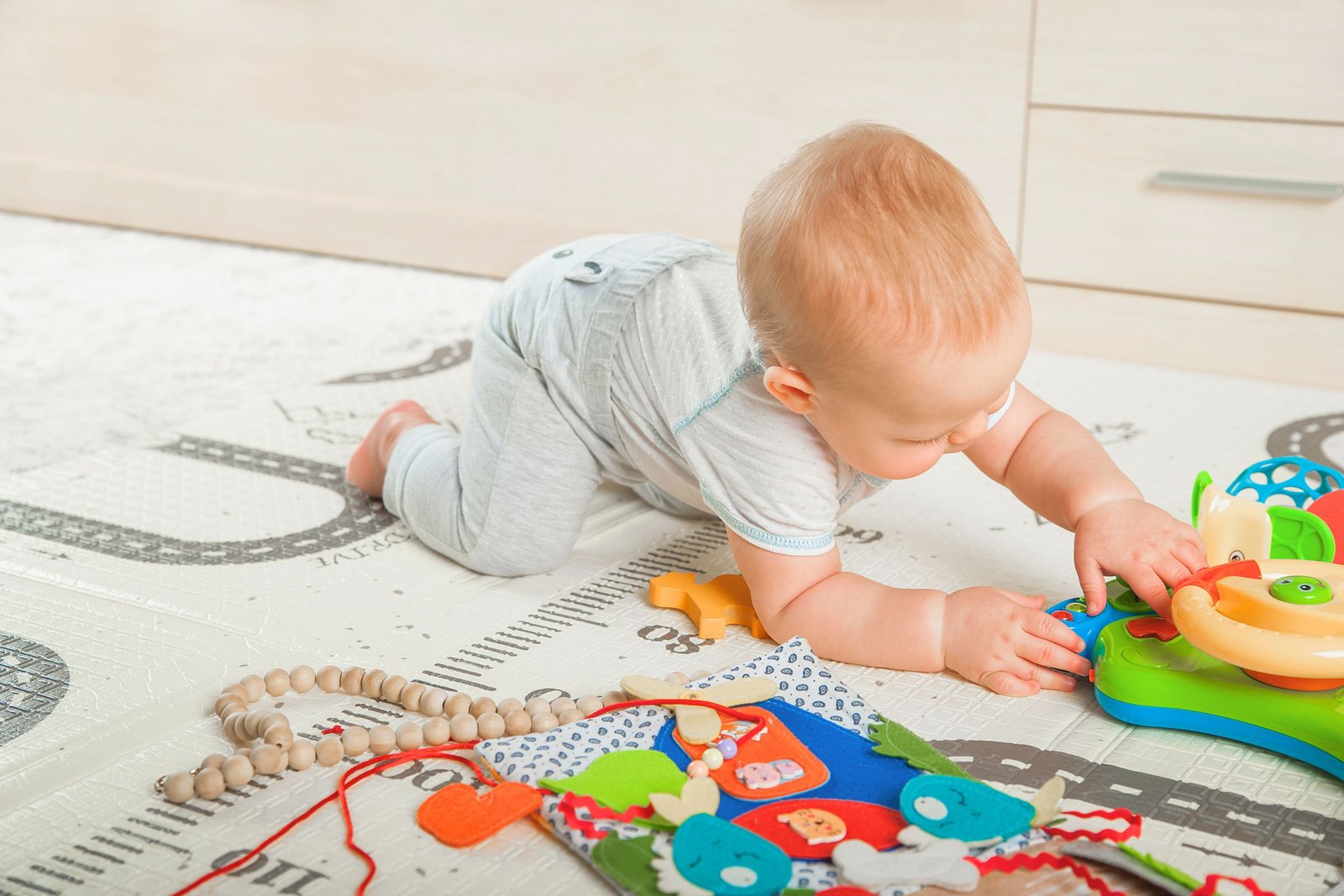The Perils of Overstimulation: Navigating the Fine Line in Parenting

In the quest to engage and entertain our little ones, there’s a potential pitfall that parents often stumble upon – the perils of overstimulation. While a desire to provide a stimulating environment is natural, misinterpreting a baby’s cues and inundating them with excessive sensory input can have unintended consequences.
Misreading Fatigue as Boredom:
A tired baby may exhibit signs that are easily misinterpreted as boredom. Understanding the distinction between these states is crucial. Rather than stimulating an exhausted child with additional activities, recognizing the need for rest allows for a smoother transition to sleep or quiet time.
The Importance of Quiet Time:
Overstimulation can lead to a cascade of stress hormones, impacting a baby’s ability to self-soothe and regulate their emotions. Introducing regular periods of quiet time, free from excessive noise and stimulation, is essential for a baby’s overall well-being. It provides the necessary space for them to process their experiences and emotions.
Avoiding Information Overload:
In our information-rich age, parents can inadvertently subject their babies to an overload of stimuli. Excessive screen time, bright colors, and constant noise can overwhelm a developing nervous system. Striking a balance between age-appropriate engagement and periods of calm reflection is vital for healthy cognitive development.
Recognizing Sensory Thresholds:
Every baby has their own sensory threshold – the point at which stimulation becomes overwhelming. Parents can observe cues like restlessness, avoiding eye contact, or increased fussiness, indicating that the child is reaching their limit. Being attuned to these signals enables parents to create a supportive environment that respects the baby’s comfort zone.
Fostering Independent Play:
Allowing a baby time for independent play encourages self-discovery and the development of essential problem-solving skills. Overstimulation through constant adult interaction can hinder the child’s ability to engage with their surroundings autonomously. Balancing adult-led activities with moments of independent exploration is key.
The Role of Routine:
Establishing a predictable routine provides a sense of security for babies. Overstimulation disrupts this sense of predictability, potentially leading to increased anxiety. Creating a balance between enriching experiences and consistent routines ensures a harmonious environment for the child to thrive.
In the delicate dance of parenting, recognizing and mitigating the perils of overstimulation is paramount. By understanding the unique needs and thresholds of each child, parents can foster an environment that nurtures healthy development, allowing their little ones to navigate the world at their own pace and in a manner that promotes balanced growth.








